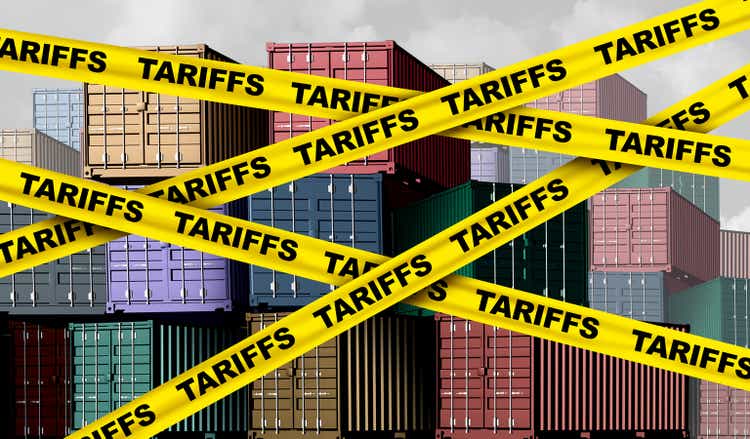 STUDENTS in Manila braved the rains after classes were suspended later on Tuesday. — PHILIPPINE STAR/EDD GUMBAN
STUDENTS in Manila braved the rains after classes were suspended later on Tuesday. — PHILIPPINE STAR/EDD GUMBANCLASS SUSPENSIONS and damaged classrooms caused by climate-related events disrupt students’ learning and further exacerbate the country’s education crisis, the United Nations Children’s Fund (UNICEF) said.
“We see so many schools and classrooms have been damaged, and as a result, classes are suspended or closed, and children lose their learning opportunities and time. I think that also adds to this learning crisis,” UNICEF Philippines’ Education Chief Akihiro Fushimi said on Thought Leaders with Cathy Yang, on Tuesday.
“This learning disruption caused by climate-related events and disasters is a real challenge,” he added.
Citing data from the Second Congressional Commission on Education (EDCOM 2), Mr. Fushimi said 85% of schools in the country suspended classes during the previous academic year.
He also noted a report from the Department of Education (DepEd), which stated that at least 7,000 classrooms had been damaged due to natural disasters in the past few years.
“There’s a sense of urgency, I think, among the DepEd, UNICEF and other partners to tackle this crisis… to have better learning outcomes and improvement in the education system,” he said.
The Philippines has remained the most at-risk country worldwide since 2009, according to the World Risk Index (WRI), due to its high vulnerability to natural disasters such as typhoons, floods, earthquakes, and volcanic eruptions.
Last year, the Philippines was struck by 18 tropical cyclones, with six hitting back-to-back within 25 days during the latter part of the year.
This led the education sector to lose up to a month’s worth of school days during the first half of the academic year 2024 to 2025, EDCOM 2’s Year Two report showed.
Schools in Luzon suffered the most, with the Cordillera Administrative Region losing 35 school days, followed by Cagayan Valley with 33, and the Ilocos and Calabarzon regions with 31.
“We found that there’s huge gaps in terms of the infrastructure and in terms of the readiness of the schools and teachers and learners, for example, to have alternative modality for the learning continuity,” he said.
Mr. Fushimi commended the DepEd for having alternative delivery modes but noted areas without access to electricity, mobile devices and internet connectivity as a challenge.
“If you look at the most challenging environment, there’s no power, no devices, no internet connectivity, no materials and digital literacy. We need to really build those capacity systems and equipment and materials for the schools and for the LGUs (local government units) so they can be empowered and equipped with those learning disruptions.”
UNICEF pushed for climate-resilient education, which will include implementing evidence-based policies, integrating climate issues into the curriculum, and building safe and resilient school facilities. Mr. Fushimi highlighted its importance, particularly in conflict-afflicted areas like the Bangsamoro Autonomous Region in Muslim Mindanao.
“Children in BARMM are equally—if not more—susceptible to climate hazards… that’s why we’ve started training education officials to integrate disaster and climate lenses into their planning,” Mr. Fushimi said.
Meanwhile, the UNICEF education chief also underscored the need to prioritize mental health support for students and teachers in disaster-prone areas.
He noted that they are working with DepEd, the Department of Social Welfare and Development, and the Department of Health in this initiative.
“Several months after the typhoon, kids were still learning under tents or in corridors… but they are still very keen to come to school, to meet friends, to learn from teachers. That’s the kind of resilience we want to see — and support,” Mr. Fushimi said.
“Teachers are now thinking not just about lessons, but about how they can keep children safe… and supporting children’s mental health after disasters. They too need mental health support.” — Katherine K. Chan

 6 hours ago
1
6 hours ago
1






















 English (US) ·
English (US) ·